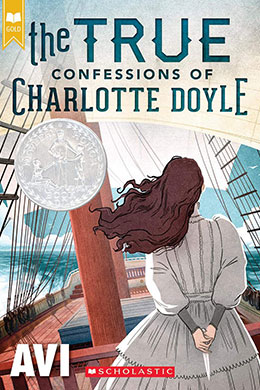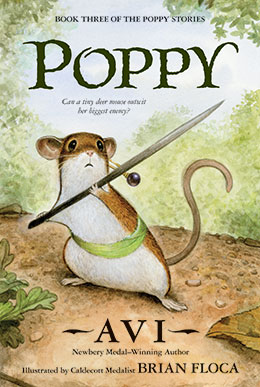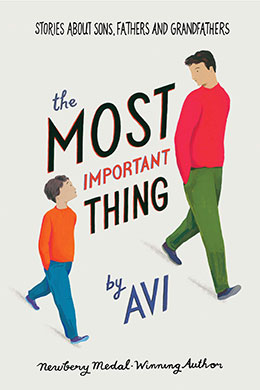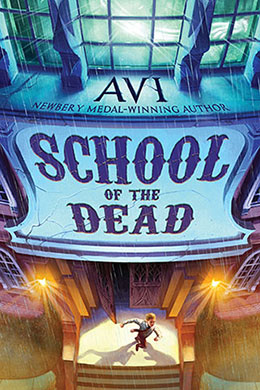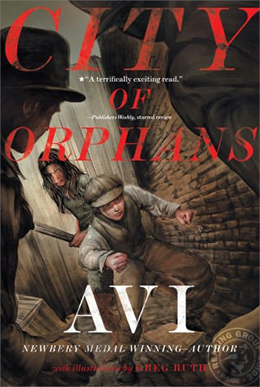Readers often have favorite authors or genres, in part because those writers or types of books provide the same kind of reading satisfaction in a regular fashion. They will often return to the same author. Nothing wrong with that. By and large, you know what you will be getting if you pick up a Dr. Seuss book, or one by John Le Carré. Indeed, I know someone (an adult) who endlessly reads and rereads the Harry Potter books.
But what of those writers who write many different kinds of books?
As an occasional reader of mystery books, I was intrigued when I recently read an article in the New York Times, about a 1920’s detective novel called The Red House Mystery that was being recommended as a forgotten classic. What attracted me to the book was the author, A.A. Milne. He was the guy who wrote the Winnie-the-Pooh books.
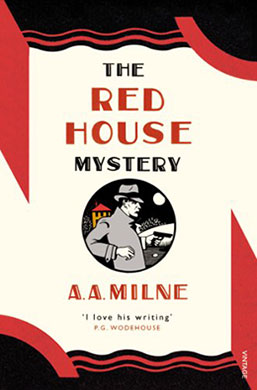
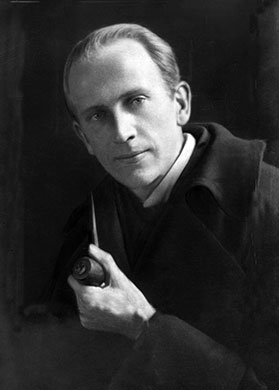
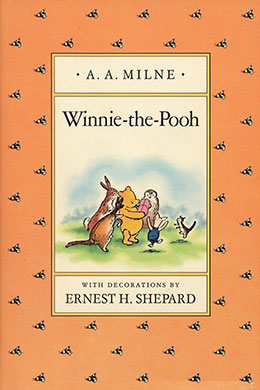
A.A. Milne, Shadowland, Emil Otto Hoppé, 1922 (public domain)
What was he doing writing a mystery?
I read the book. Turns out it is one of those “cozy” British 1920s mysteries set among upper-class folks (no known source of income) in a fancy house somewhere in England, not far from London. It features an amateur detective and his dumb sidekick, with a very elaborate (and rather unbelievable) murder deception. It was fairly well written, but all-in-all not very interesting.
But why did Milne write such a book?
It seems that Alan Alexander Milne (1882–1956) was a prolific writer for the stage (eighteen of them) as well as screenplays. He also wrote humorous pieces for the periodical Punch, as well as other novels, and essays. Active in both world wars, he was also considered a good cricket player, and had a team called “Authors Eleven,” with a group of fellow authors that included Barrie (Peter Pan), Conan Doyle (Sherlock Holmes), and P.G. Wodehouse (Jeeves), the squad sounding rather like a Monty Python sketch.
Milne has been quoted as saying “The only excuse which I have yet discovered for writing anything is that I want to write it.”
It has also been noted that Milne came to resent the enormous fame and success that the Pooh books brought him, at the expense of the neglect of his other work. That in the face of the claim that Milne and his wife exploited their child Christopher Robin for the money the Pooh books brought it.
But what interested me here is the spectacular range of Milne’s writing. How do readers respond to the writer of different kinds of work?
This caught me because I’m considered one of those writers. There is my True Confessions of Charlotte Doyle (historical fiction), The Poppy Books (animal stories), The Most Important Thing (realistic short stories), School of the Dead (ghost story). And so on.
Sometimes readers complain that I am not writing the kind of book they like, but another kind. I recall a Goodreads review by a reader who picked up City of Orphans, thinking it was a dystopian fantasy. Then, to her disappointment, she discovered it was realistic historical fiction. “It was not what I expected,” she wrote and therefore gave it a very negative review.
At the moment I am trying to decide which of four ideas I wish to pursue as my next novel. Each one is very different from the other.
All I know is that if I follow Milne’s thought: “The only excuse which I have yet discovered for writing anything is that I want to write it,” I will write my best book.
So be it.
